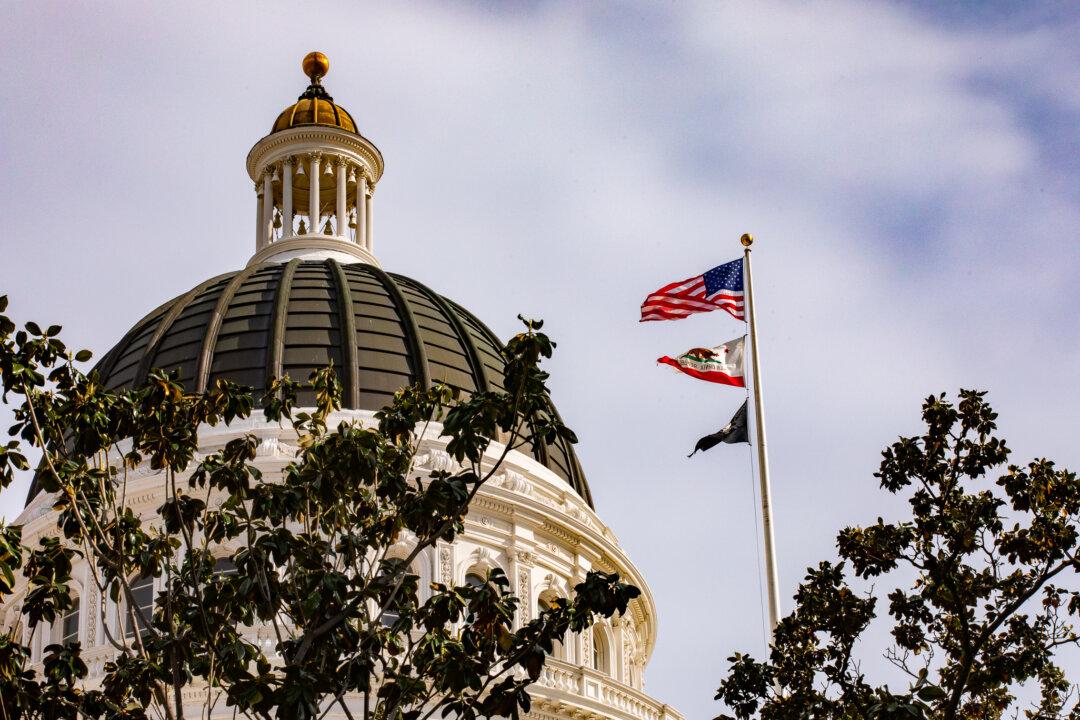A California lawmaker has revised a bill that would have eliminated tobacco sales over time and replaced it with a measure that will close a loophole in the state’s flavored tobacco ban.
The amended Assembly Bill 935, introduced by Democratic Assemblyman Damon Connolly (D-San Rafael), would authorize the California Department of Health and the attorney general to enforce the ban on flavored tobacco enacted last year.





